From the Ashes
A summer read and other memoirs.
I’m sitting on the balcony of my friends’ apartment in Rome. It’s my last half-day here, marking the end of my one-month Euro-trip visiting friends.
August is a quiet month in Rome. It’s vacation month and the residents go away to escape the heat. Instead of slipping into the usual role of a busy tourist, I found myself adjusting to the local rhythm—avoiding the sun between 11:00 and 15:00, enjoying quiet time spent writing and reading.
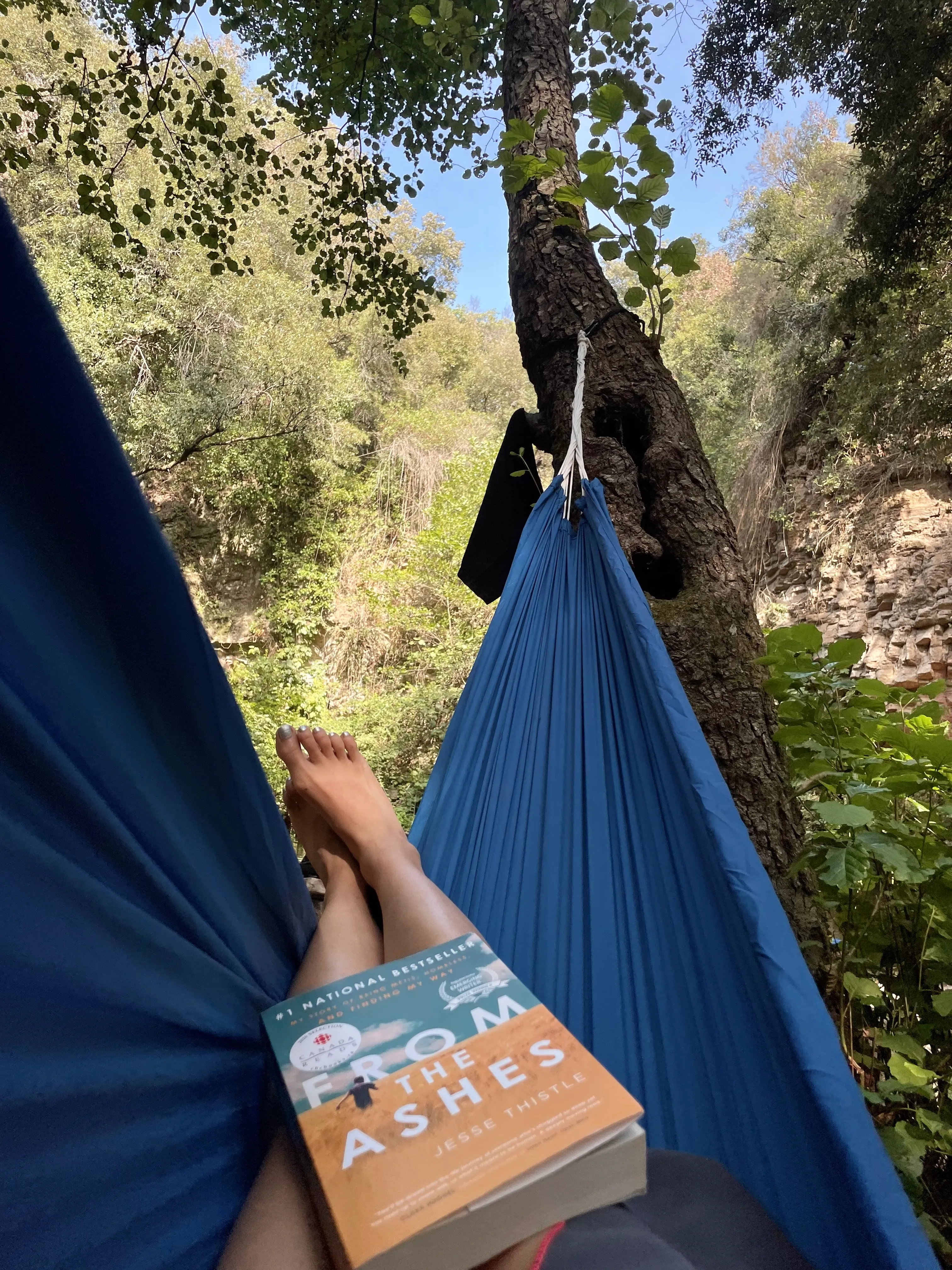
An unexpected highlight of my Rome stay was a book my friend brought back from Canada. I picked it up every day and read it for hours. I finished it in a week.
The last memoir that inspired a similar reading urgency in me was Educated by Tara Westover. I’ve recommended it to many people, and I can already see myself doing the same with From the Ashes by Jesse Thistle.
Both memoirs are powerful stories of resilience and determination in the face of seemingly hopeless circumstances. I love how Jesse, like Tara, found his path to education and rebuilt his life around scholarship and sharing knowledge.
I first came across the title of Jesse’s book in The Myth of Normal by Dr. Gábor Máté, a book on trauma, illness, and healing. From the Ashes was mentioned in a subchapter on what addiction gives people. The section opens with:
Over my decades of medical practice and thousands of conversations, I have learned that the first question to ask is not what is wrong with an addiction, but what is “right” about it. What benefit is the person deriving from their habit? What does it do for them? What are they getting that they otherwise can’t access?
Máté, p. 216
Jesse is quoted saying that his substance use gave him access to friendship, power, and confidence—things he lacked as a child and teenager, as his book reveals.
From the Ashes is a testament to how early childhood undeniably shapes a person’s life and how substances can “save” a troubled soul by offering a sense of power and escape from pain. In Jesse’s case, it wasn’t just mistreatment, abandonment, abuse, and poverty (to name a few); there’s also a deep layer of generational trauma present, inherited from his indigenous—Métis—roots.
This book is written from a place of raw vulnerability. The writing is full of vivid, sometimes gruesome descriptions of his outer and inner state. You get to understand the inner workings of addiction to hard drugs and so much more—how being homeless can be a safe choice, why people can’t just “pull it together” overnight, how oppression of one generation can poison generations after, and how important love is.
Jesse didn’t just hit rock bottom. He hit it multiple times and then journeyed through every alley and corner of it before choosing to ascend from the ashes. And that’s what the final message is about—choice. When one is given a life with no choices by no choice of their own, the only way to transform it is by choosing differently.
Other Lives
I do have a thing for memoirs and biographies. Here are a few more I’d recommend, in no particular order.
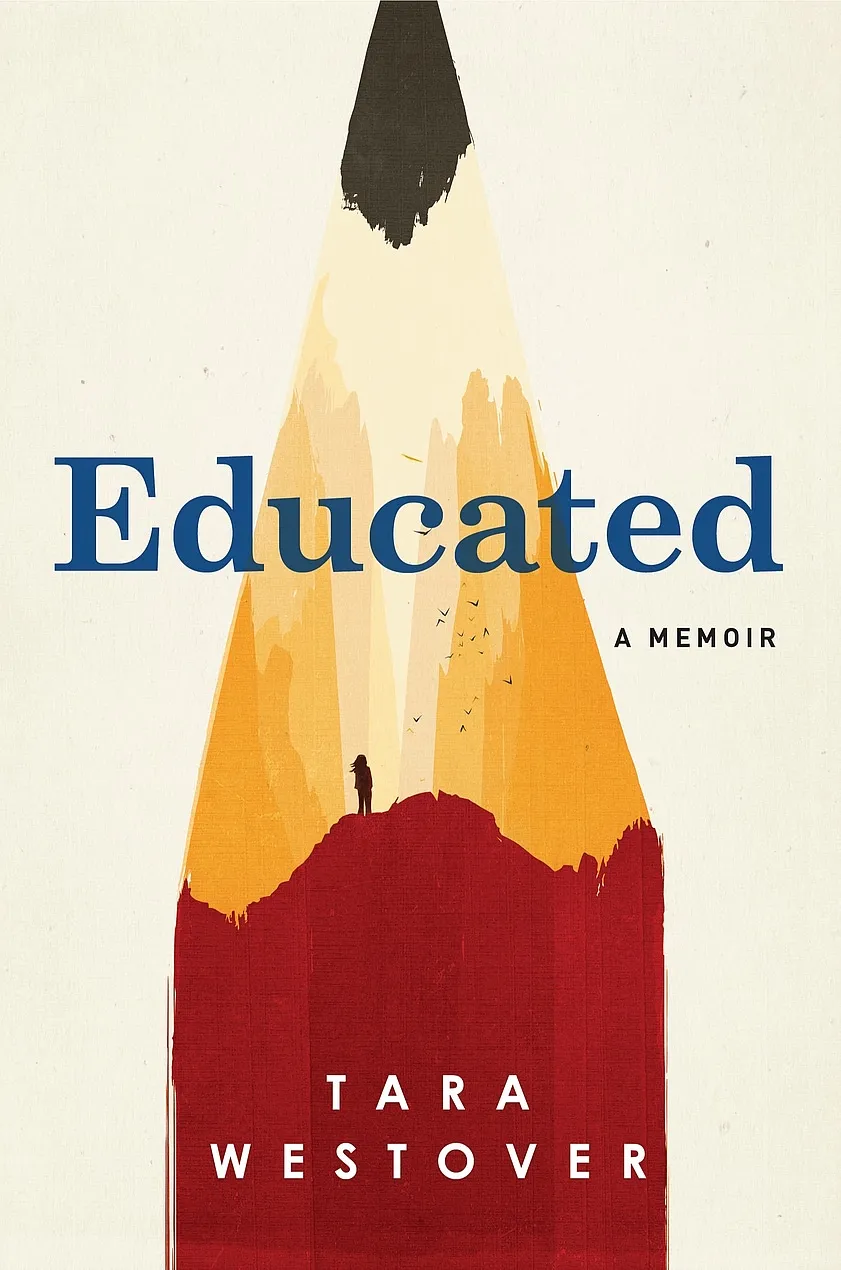
Educated by Tara Westover
As mentioned earlier, this is a story of resilience and determination to become educated. Before reading this, I knew little about life in a Mormon family or survivalists.
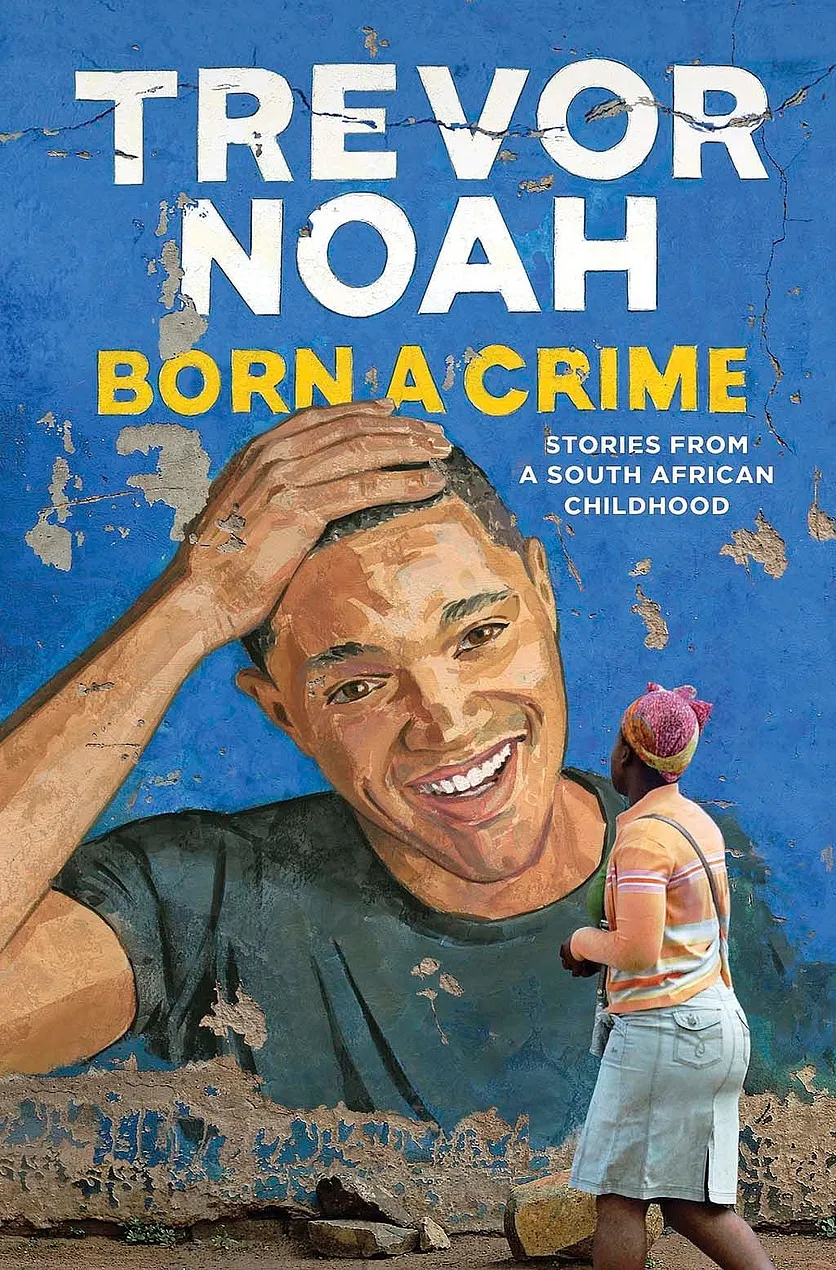
Born a Crime by Trevor Noah
Stories from South African upbringing during the apartheid era told by a comedian. I’d highly recommend the audiobook, narrated by Trevor himself—great storytelling infused with comedic flair.
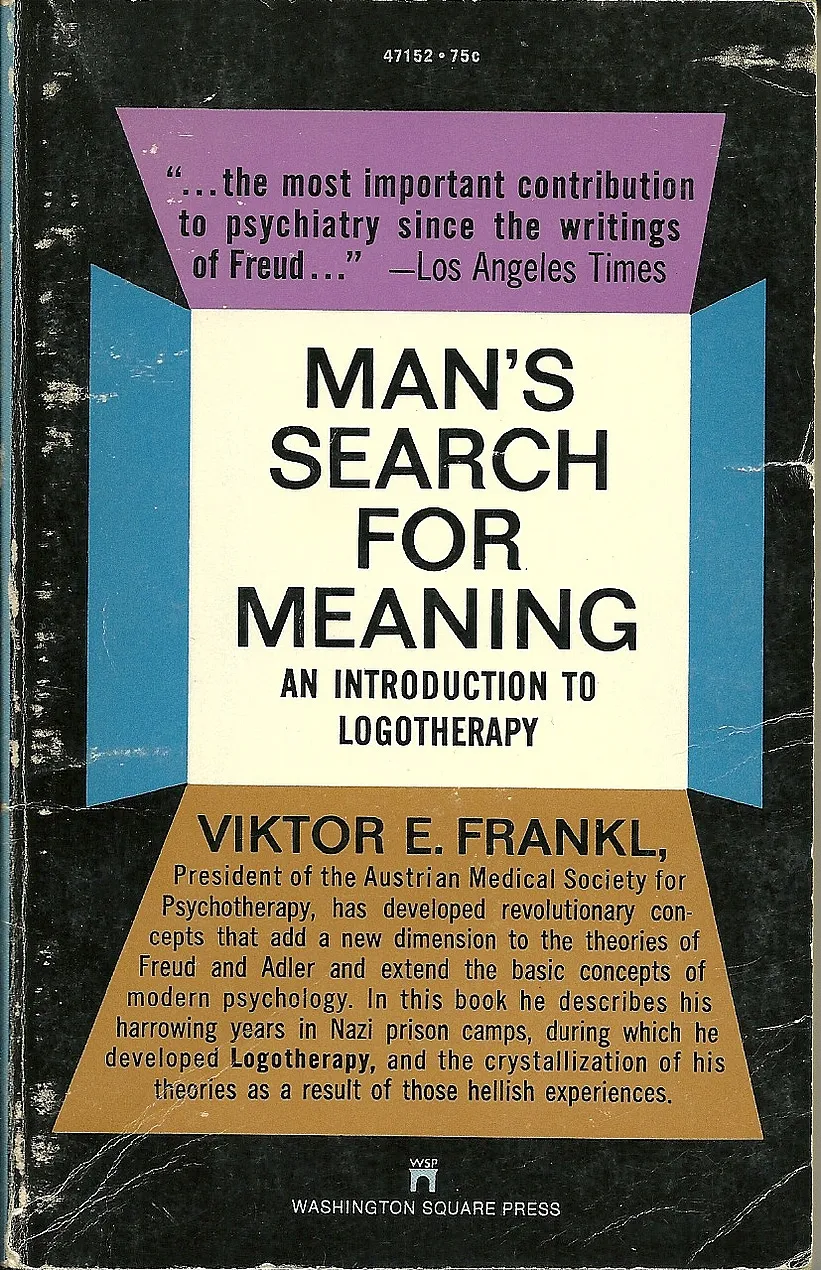
Man’s Search for Meaning by Viktor Frankl
Much more than a personal biography. It’s a short but profound book that first details life and survival in concentration camps and then examines their psychological and spiritual impacts from the perspective of a psychologist.
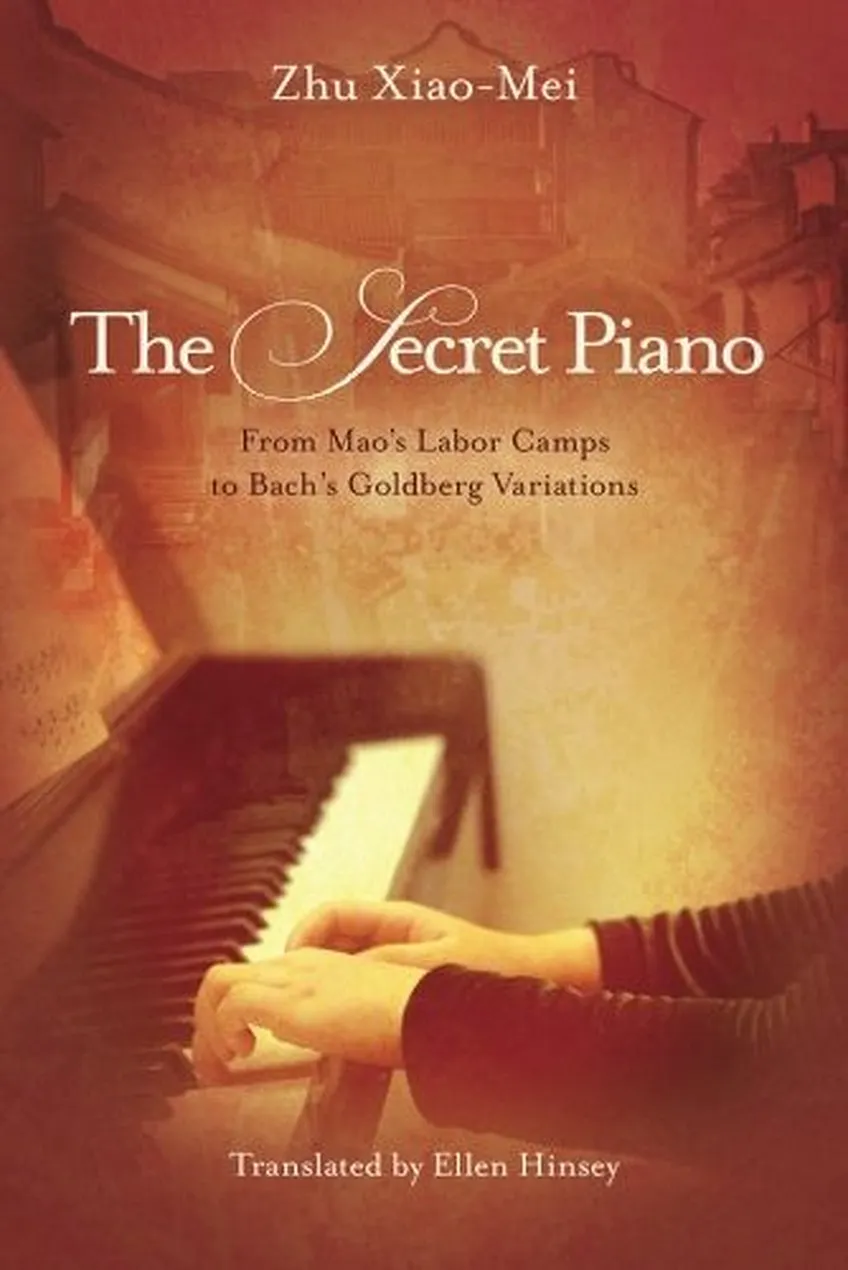
The Secret Piano: From Mao’s Labor Camps to Bach’s Goldberg Variations by Zhu Xiao-Mei
A memoir of a pianist who lived through the Cultural Revolution and the Maoist era. A story of resilience, devotion to music, and finding spirituality through art. This one hit home for me since members of my own family have survived similar hardships detailed in the book.1

Shoe Dog by Phil Knight
Beyond the theme of surviving horrible atrocities, I thoroughly enjoyed this memoir by the creator of Nike. I’ve never been particularly interested in business books, but reading about building a company within the context of a personal story made it much easier to digest and appreciate. There’s plenty of struggle, determination, and resilience in this one as well—just in a different context.
Footnotes
-
I’ve long wanted to read an insider’s view of the Cultural Revolution, having heard bits and pieces from my grandmother, who lived through it. I’m not sure if it’s the translation but the writing is a bit dry. I enjoyed the story, nonetheless. ↩